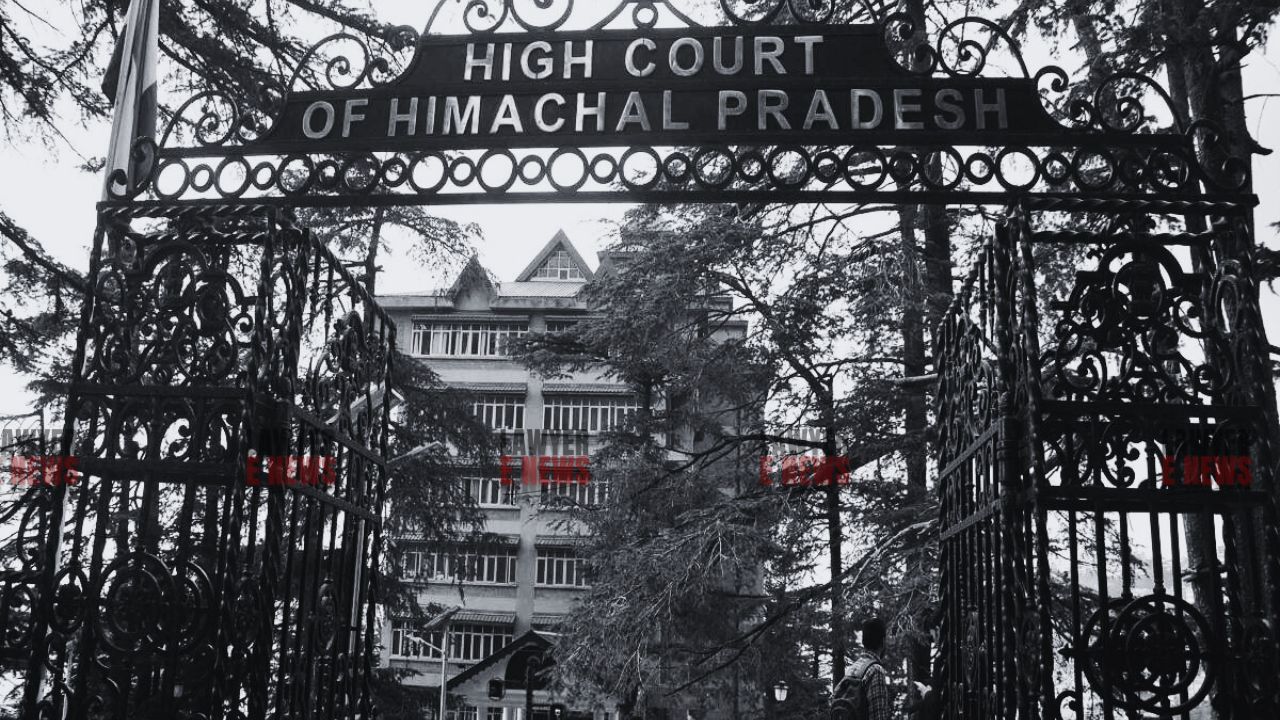-
by Admin
15 February 2026 5:35 AM



In a significant judgment delivered on November 26, 2024, the Himachal Pradesh High Court in Jagar Chand vs. Tara Devi dismissed a petition seeking a DNA test for two minor children to resolve a paternity dispute. The Court highlighted the sanctity of individual privacy and the implications of invasive testing, especially when statutory presumptions under the Indian Evidence Act provide sufficient guidance.
Justice Bipin Chander Negi noted that the trial court had already established the respondent, Tara Devi, as the legally wedded wife of the petitioner, Jagar Chand. Evidence such as entries in the family register, the marriage register, and identity documentation had substantiated the marital relationship. The petitioner had failed to challenge an earlier dismissal of a similar application for DNA testing, thus undermining his current petition.
Citing Section 112 of the Indian Evidence Act, Justice Negi emphasized the principle of legitimacy, which assumes that a child born within a valid marriage is legitimate unless proven otherwise by circumstances of impossibility. He referenced previous judgments, including Inayath Ali & Anr. vs. State of Telangana & Anr., reiterating that DNA testing should not be directed as a matter of routine. The Court stated, “Merely because something is permissible under the law cannot be directed as a matter of course... Such direction would violate the privacy right of the persons subjected to such tests and could be prejudicial to the future of the two children.”
The petition was dismissed as devoid of merit, with the Court emphasizing that the petitioner’s request did not justify overriding the children’s right to privacy or the statutory presumption of legitimacy. This ruling reinforces the balance between evidentiary needs and fundamental rights, setting a precedent for cautious judicial discretion in similar cases.
Date of Decision: 26/11/2024
